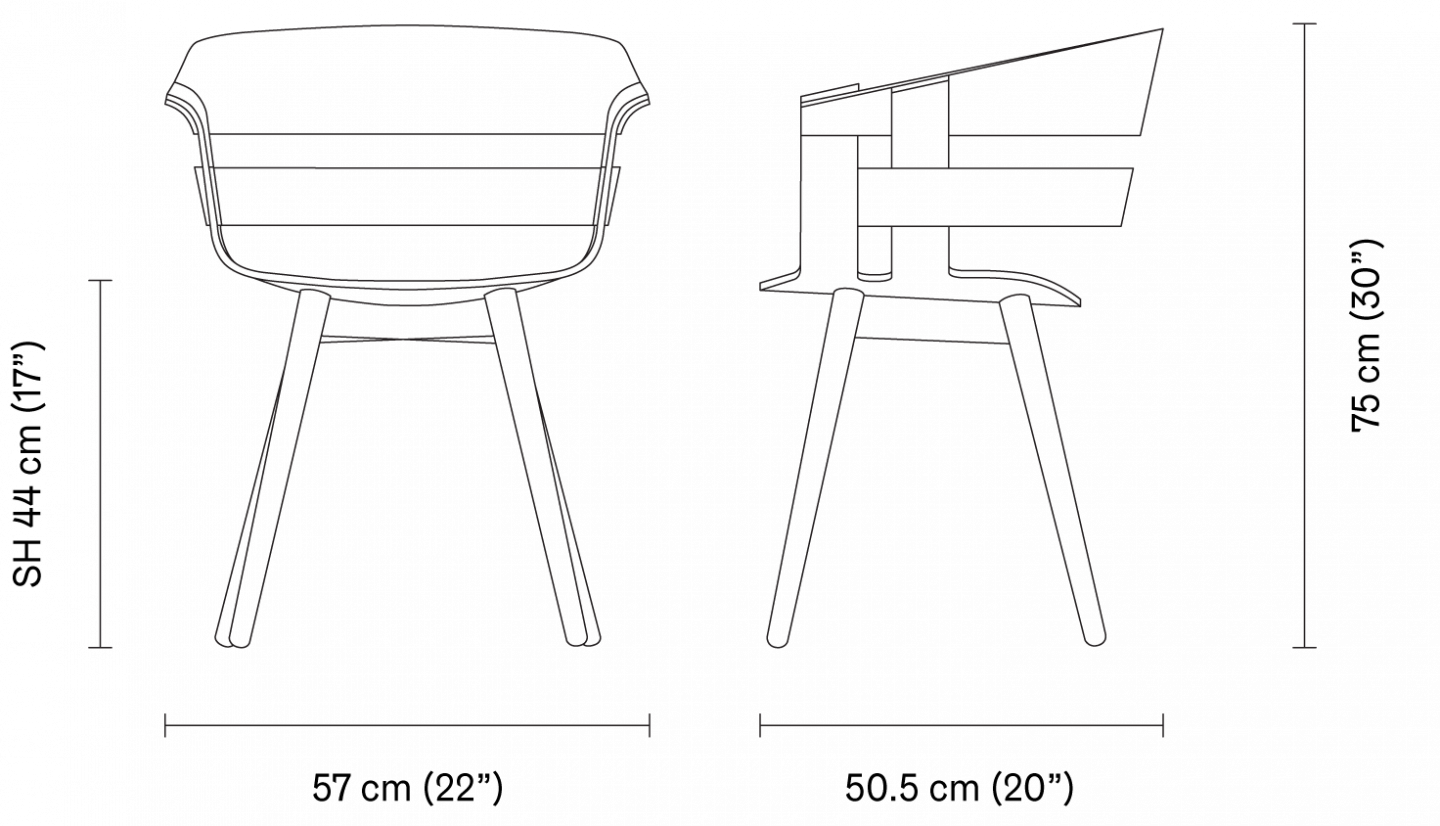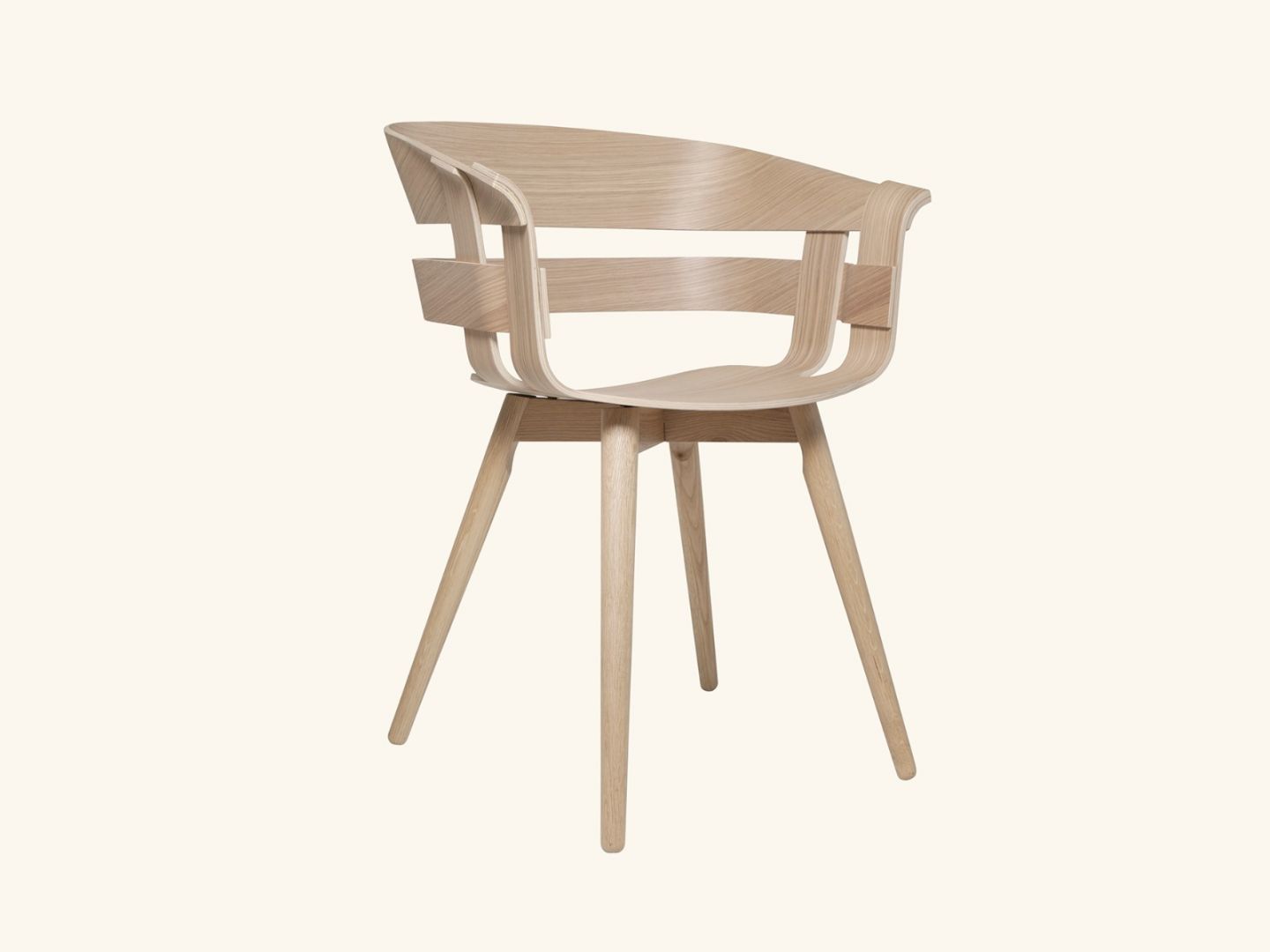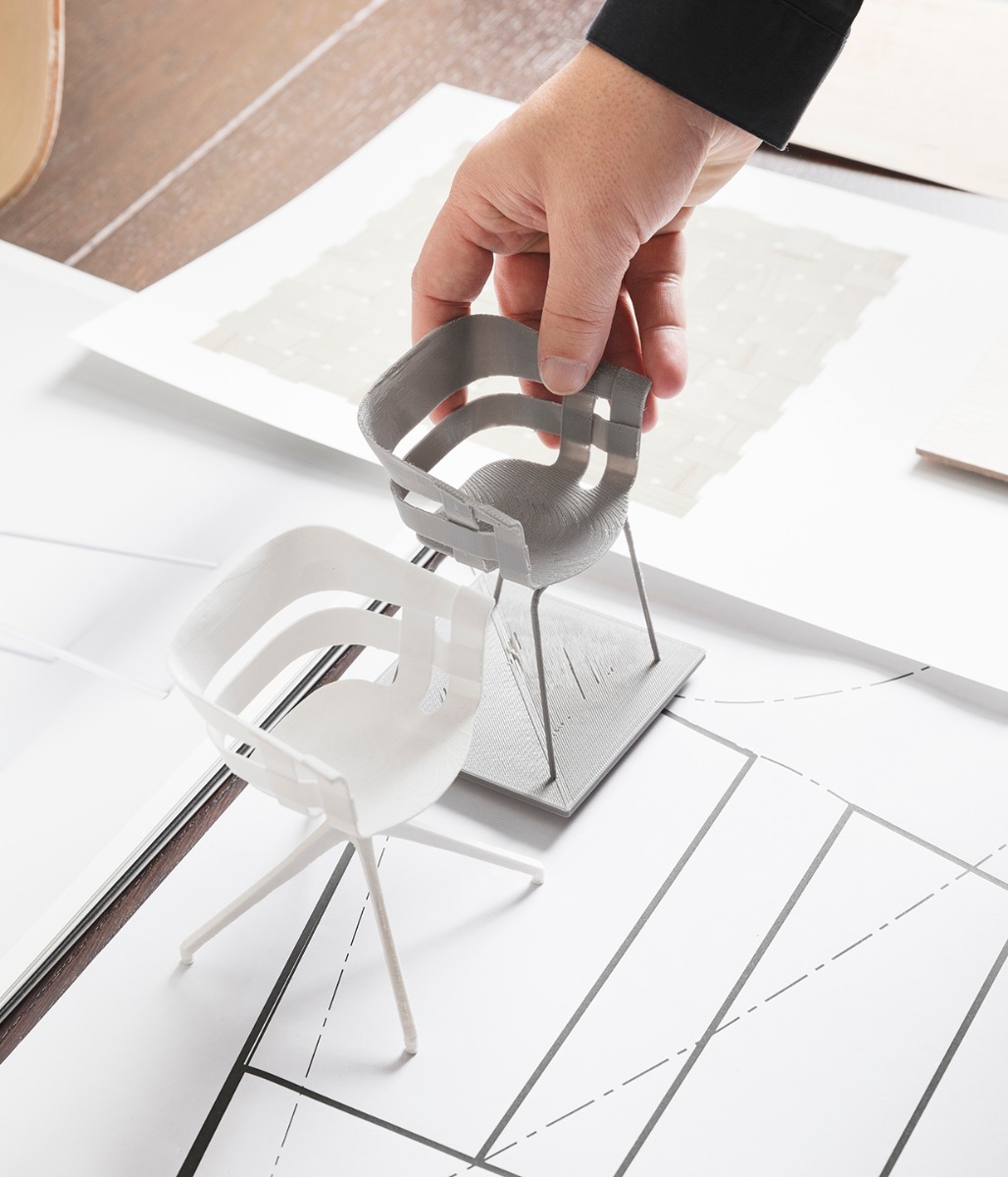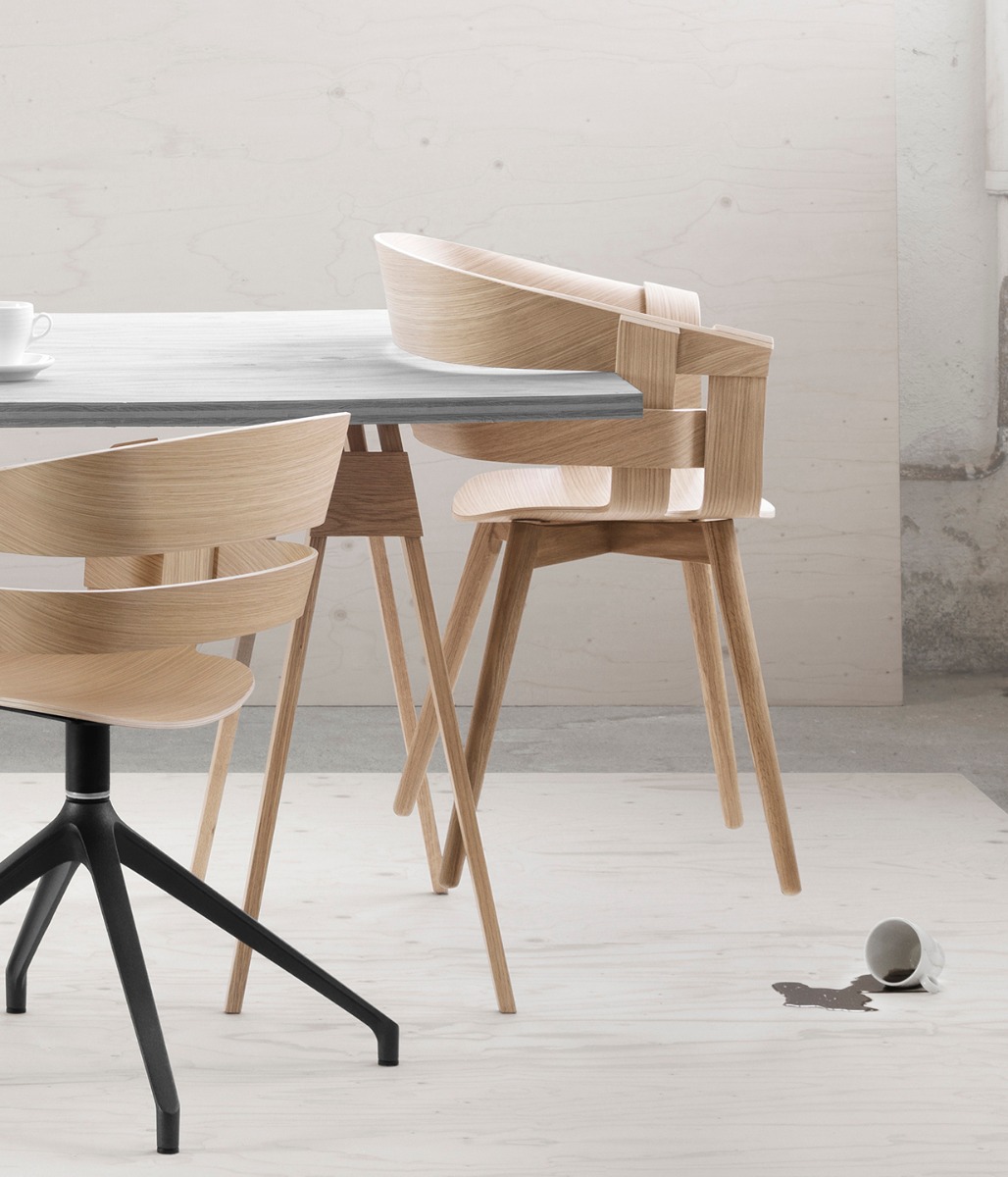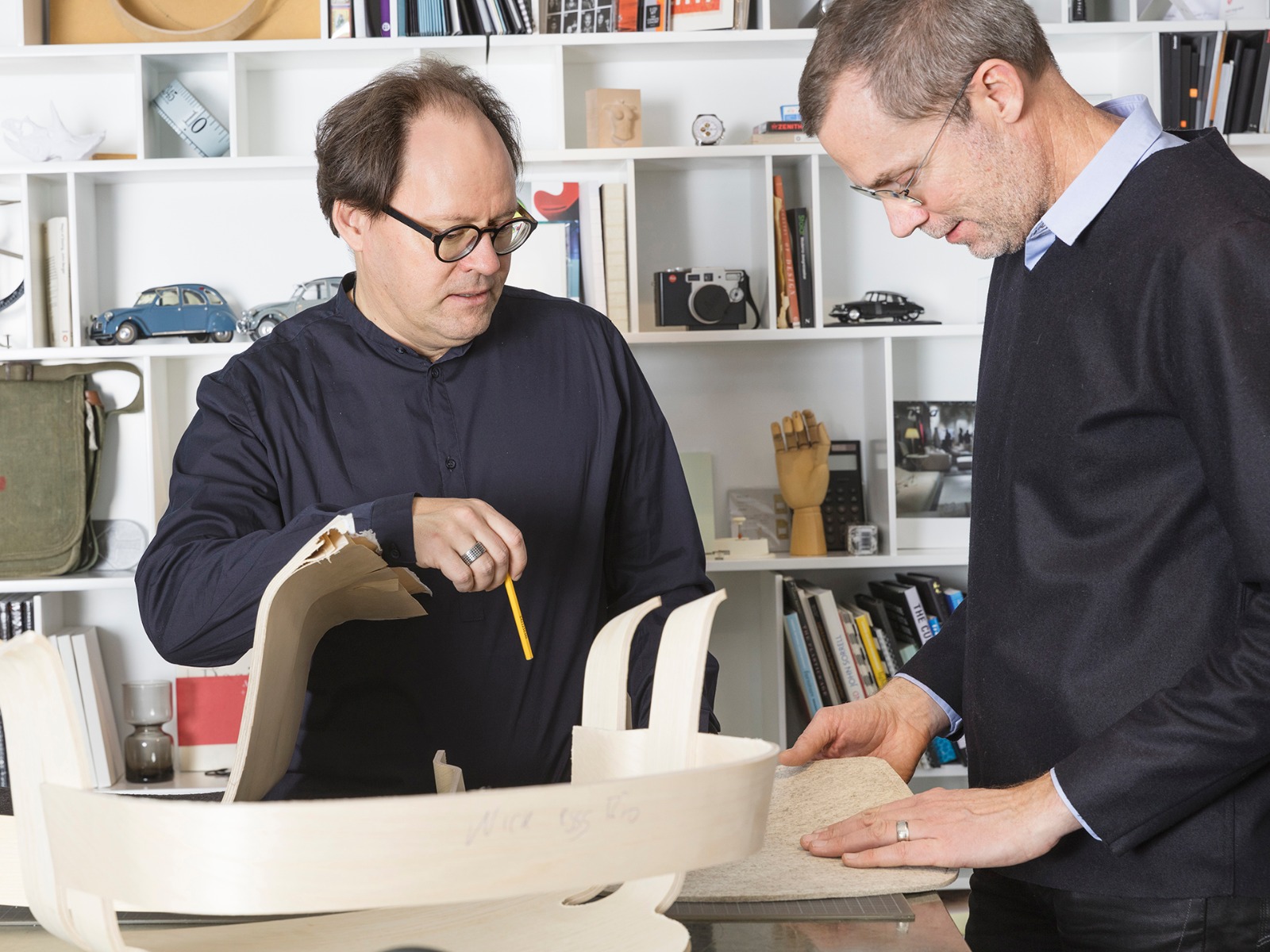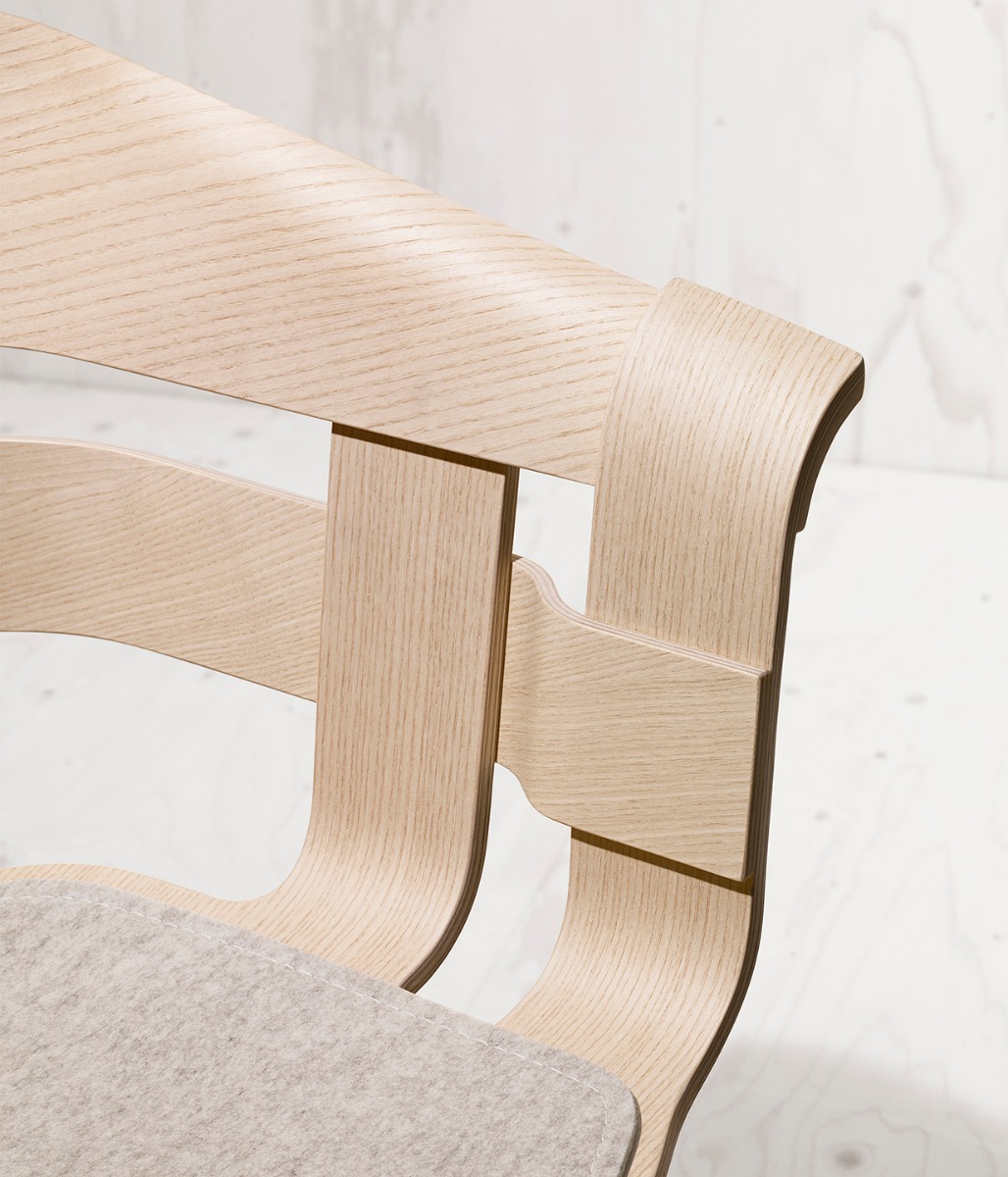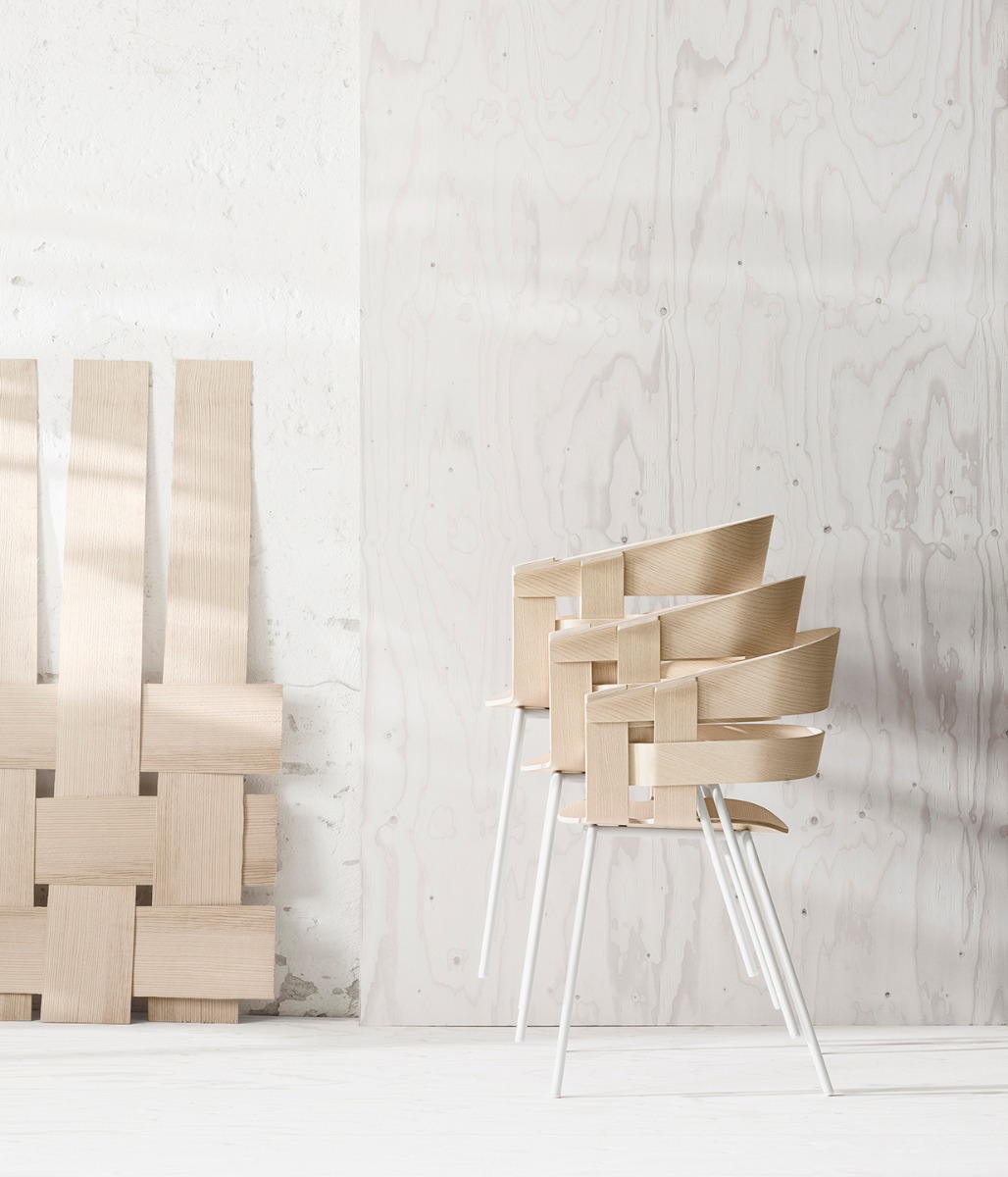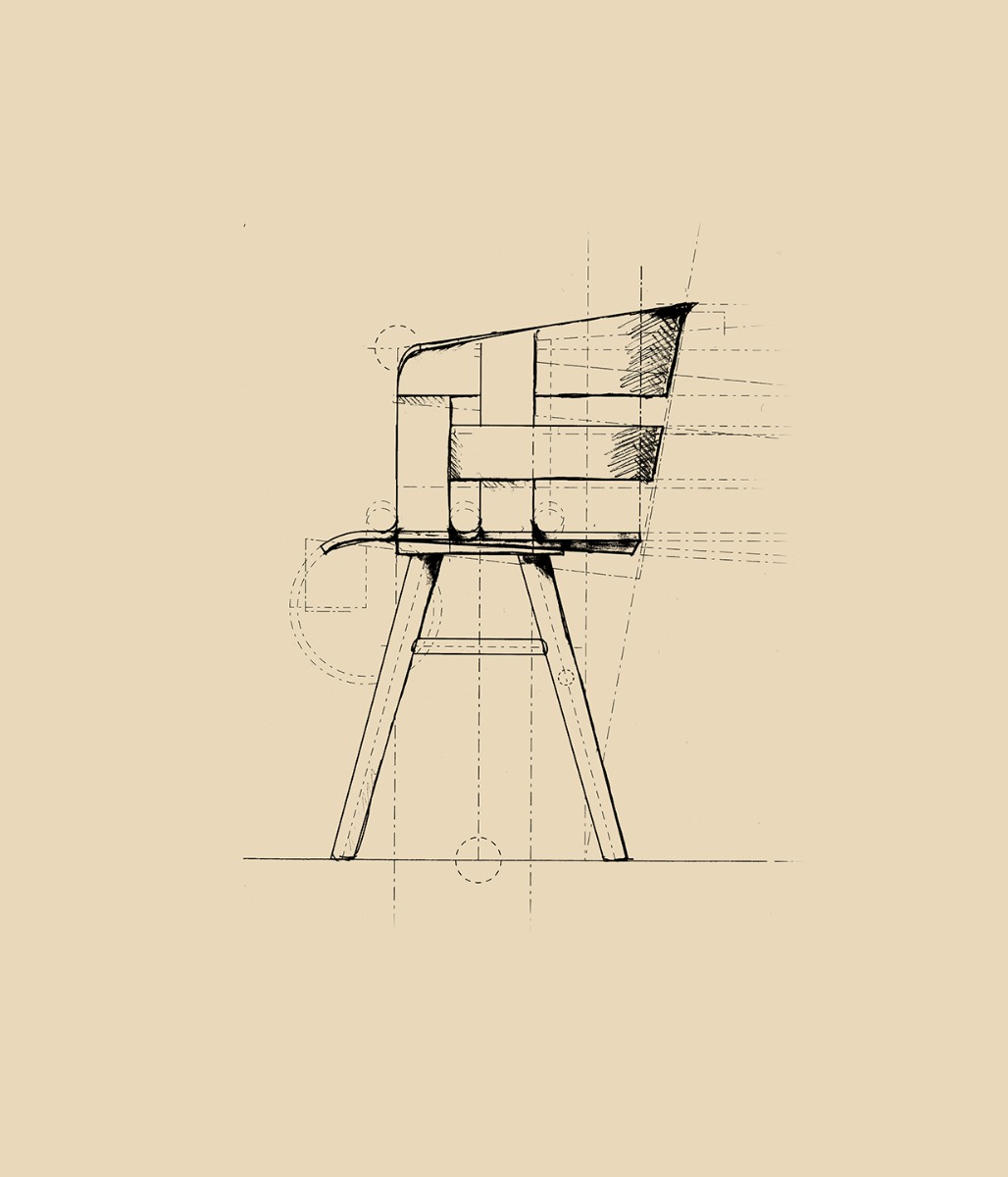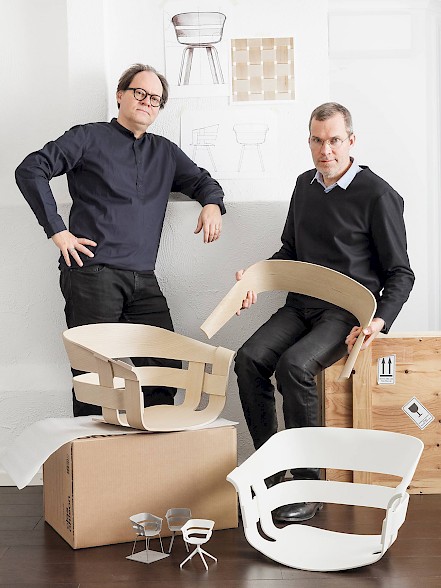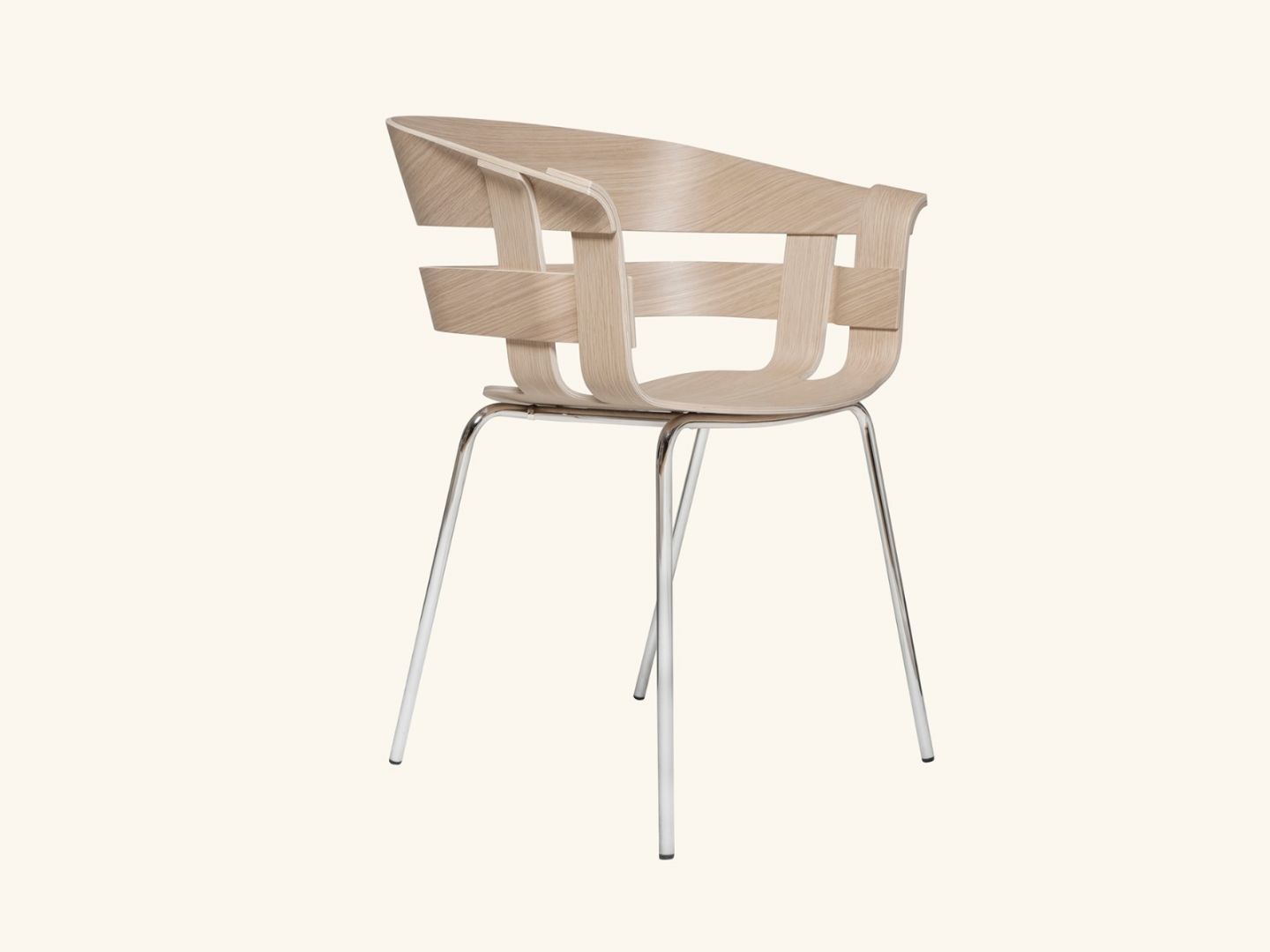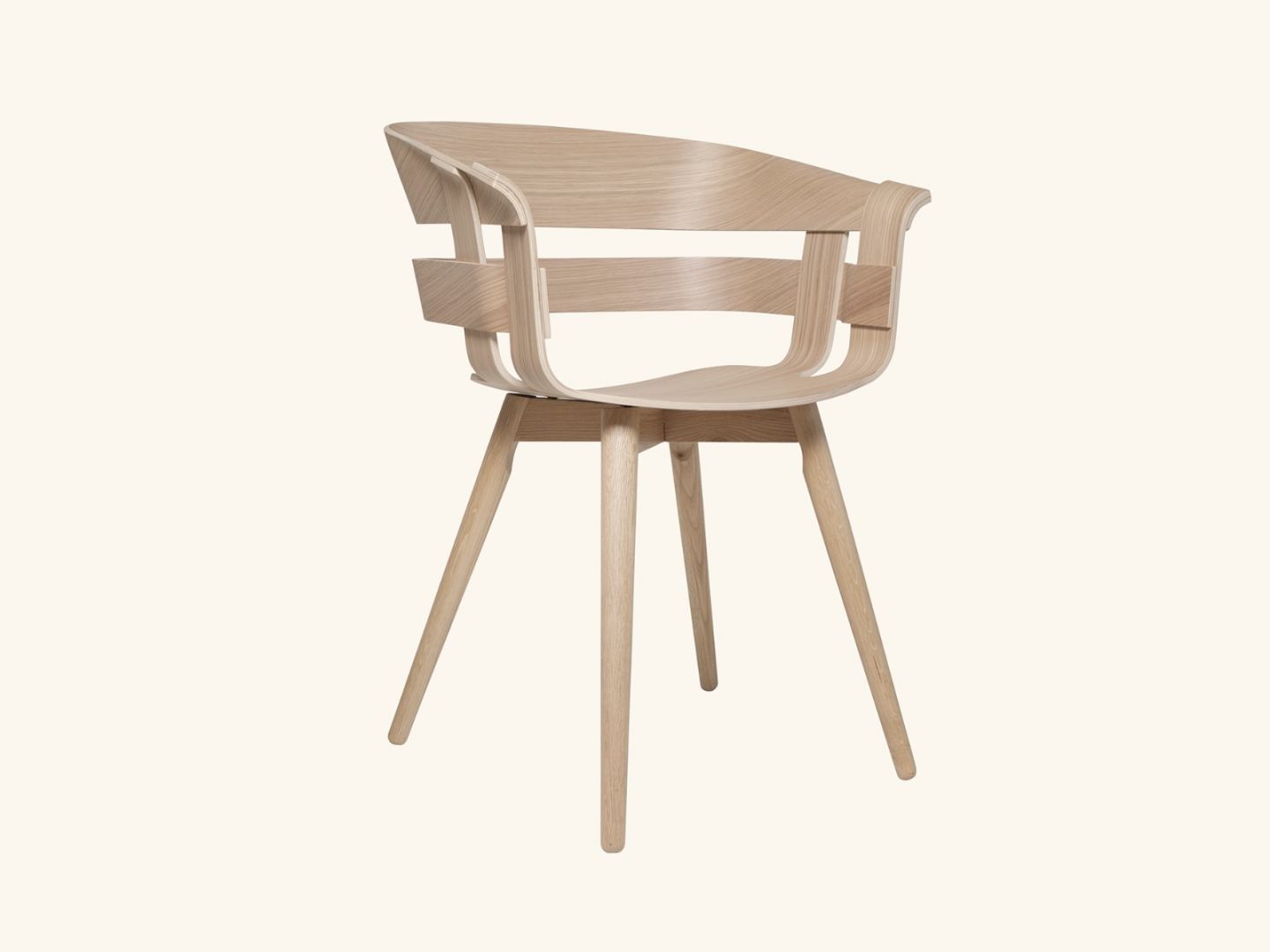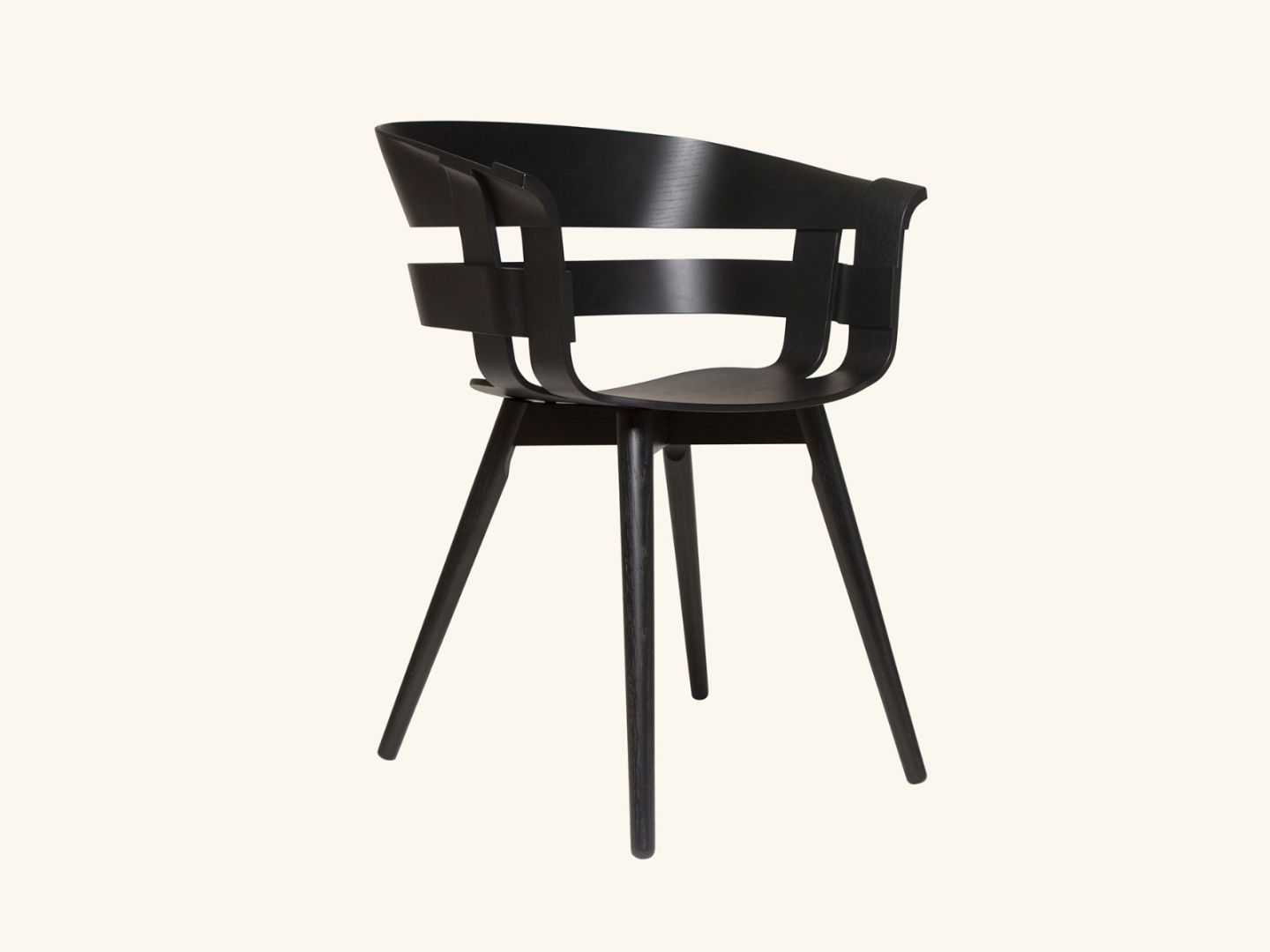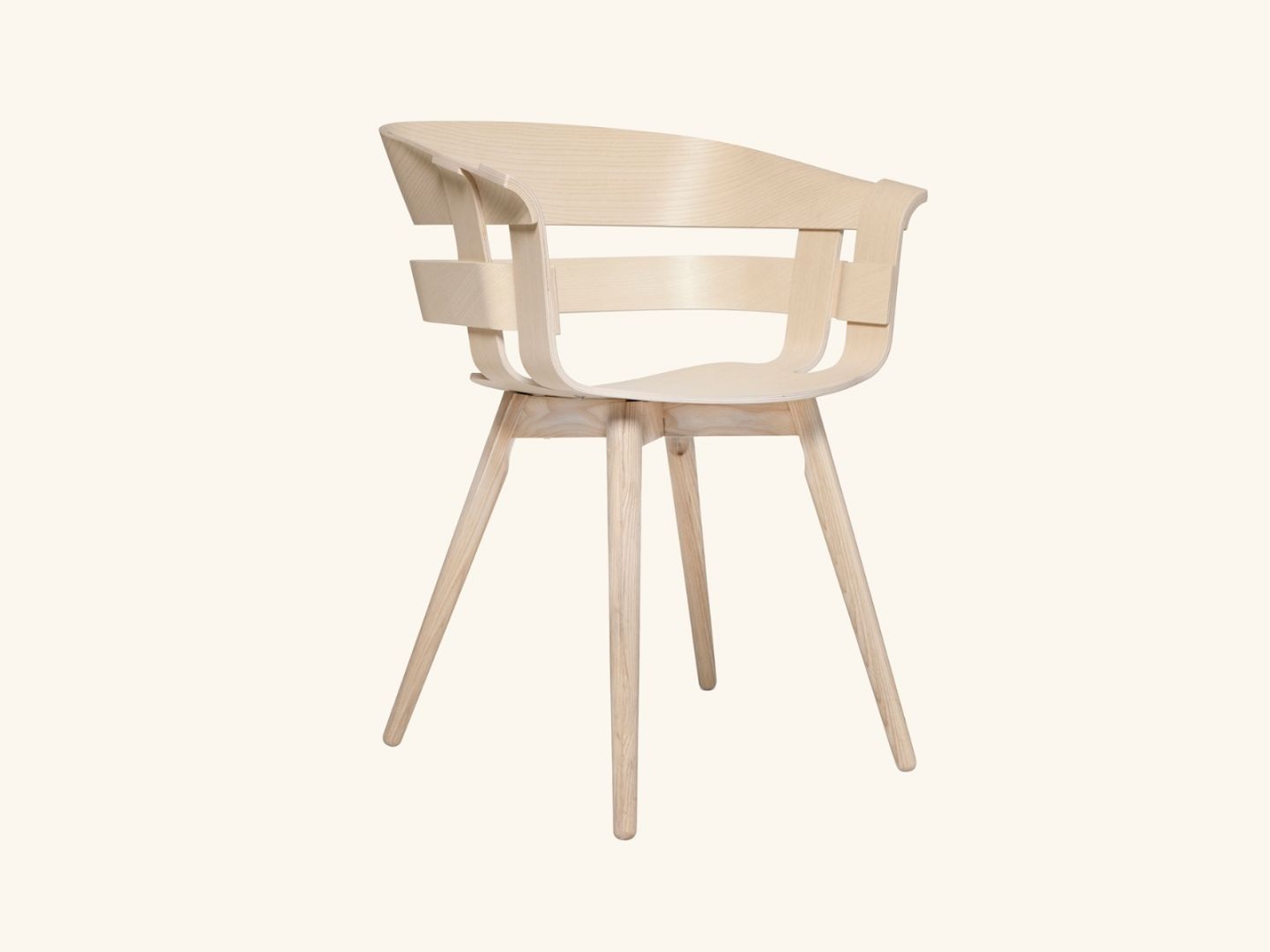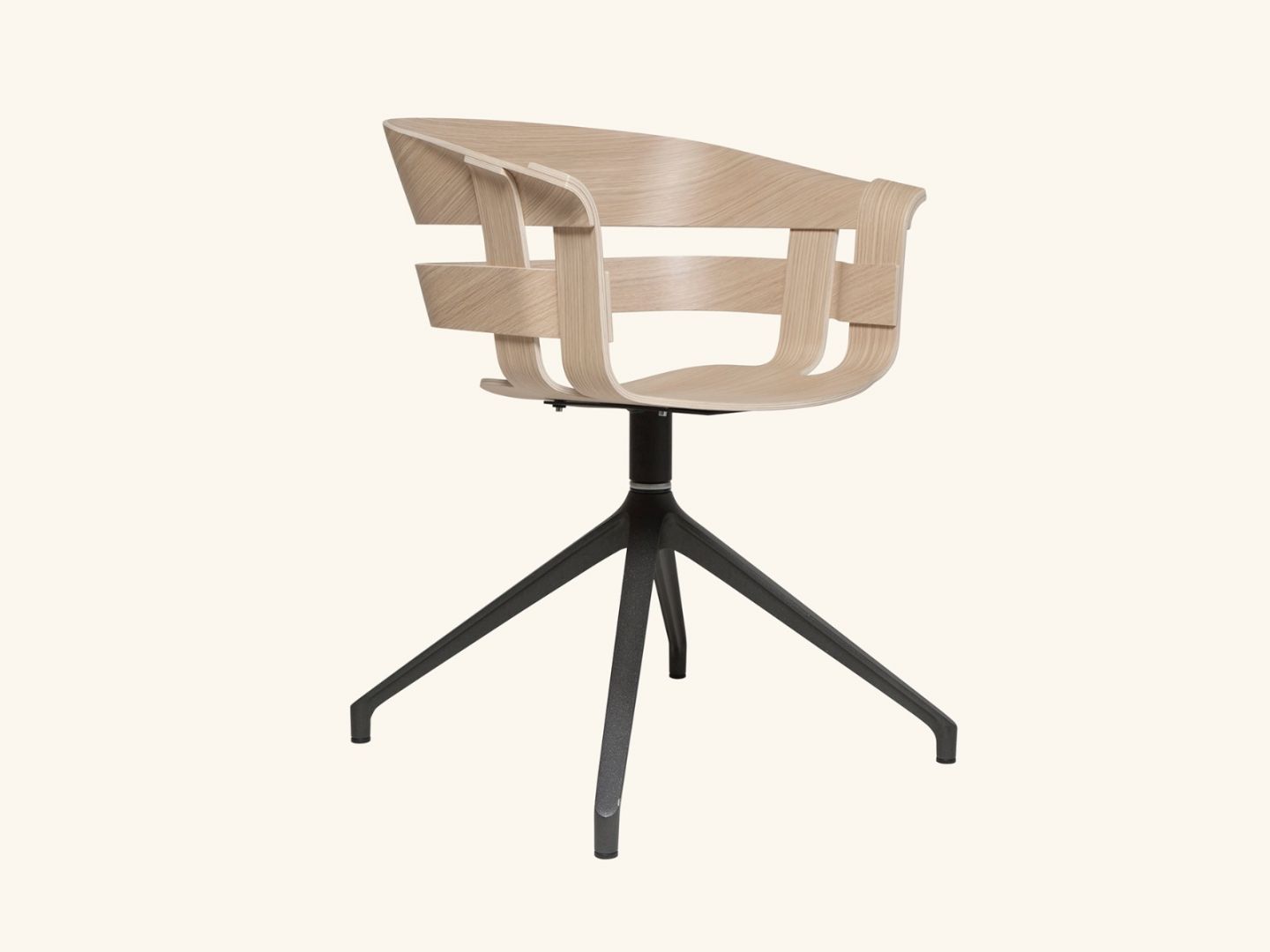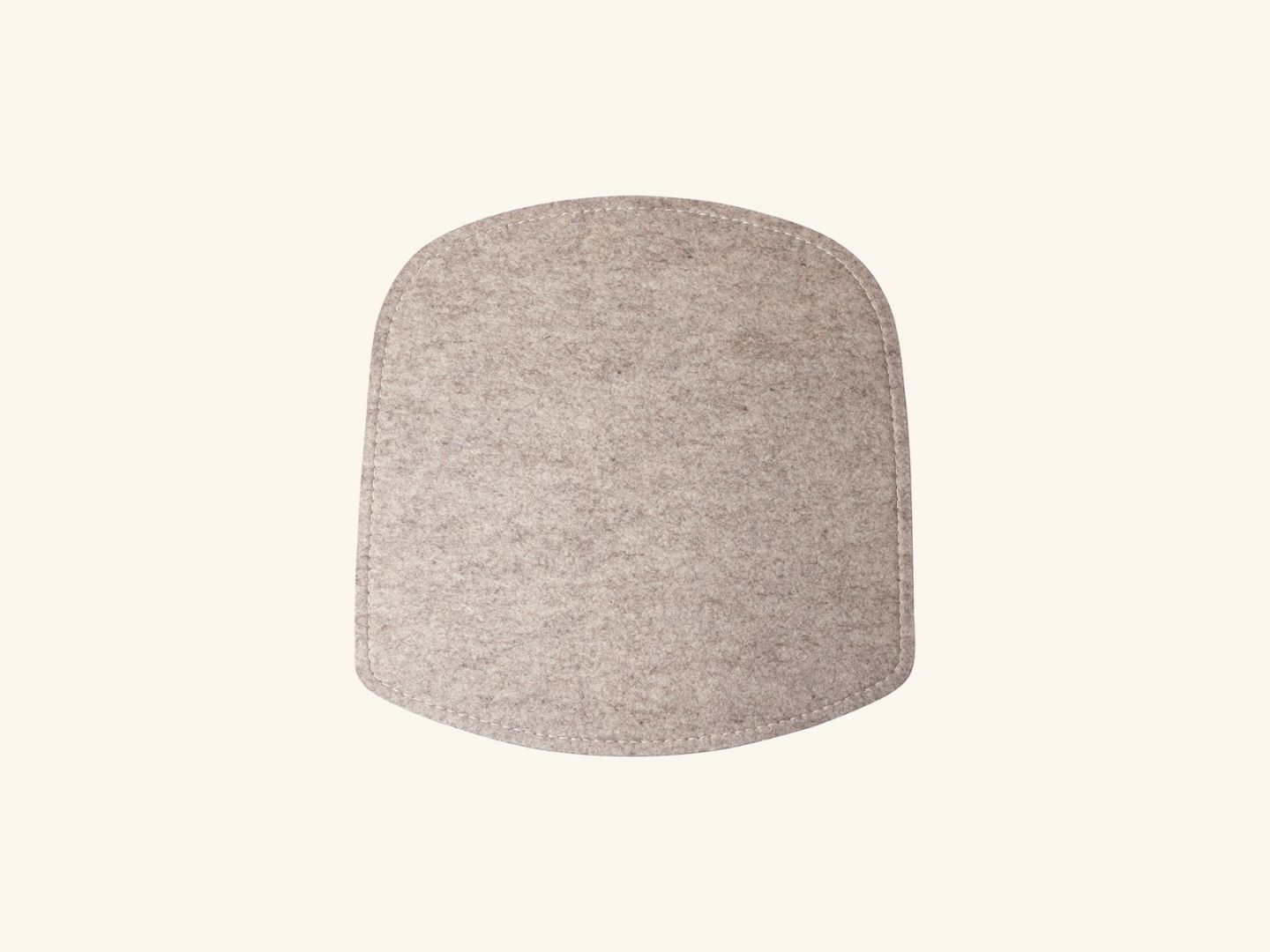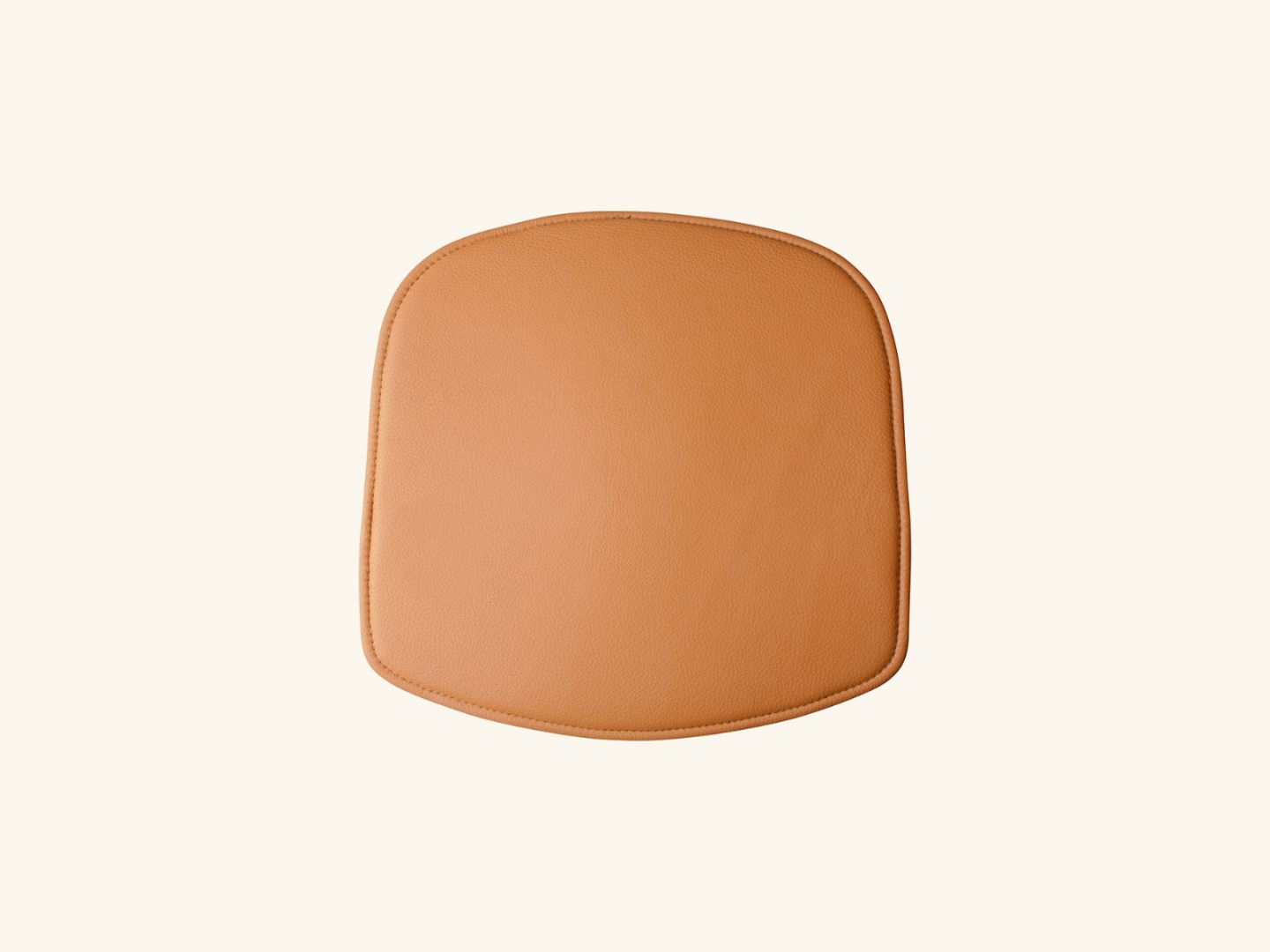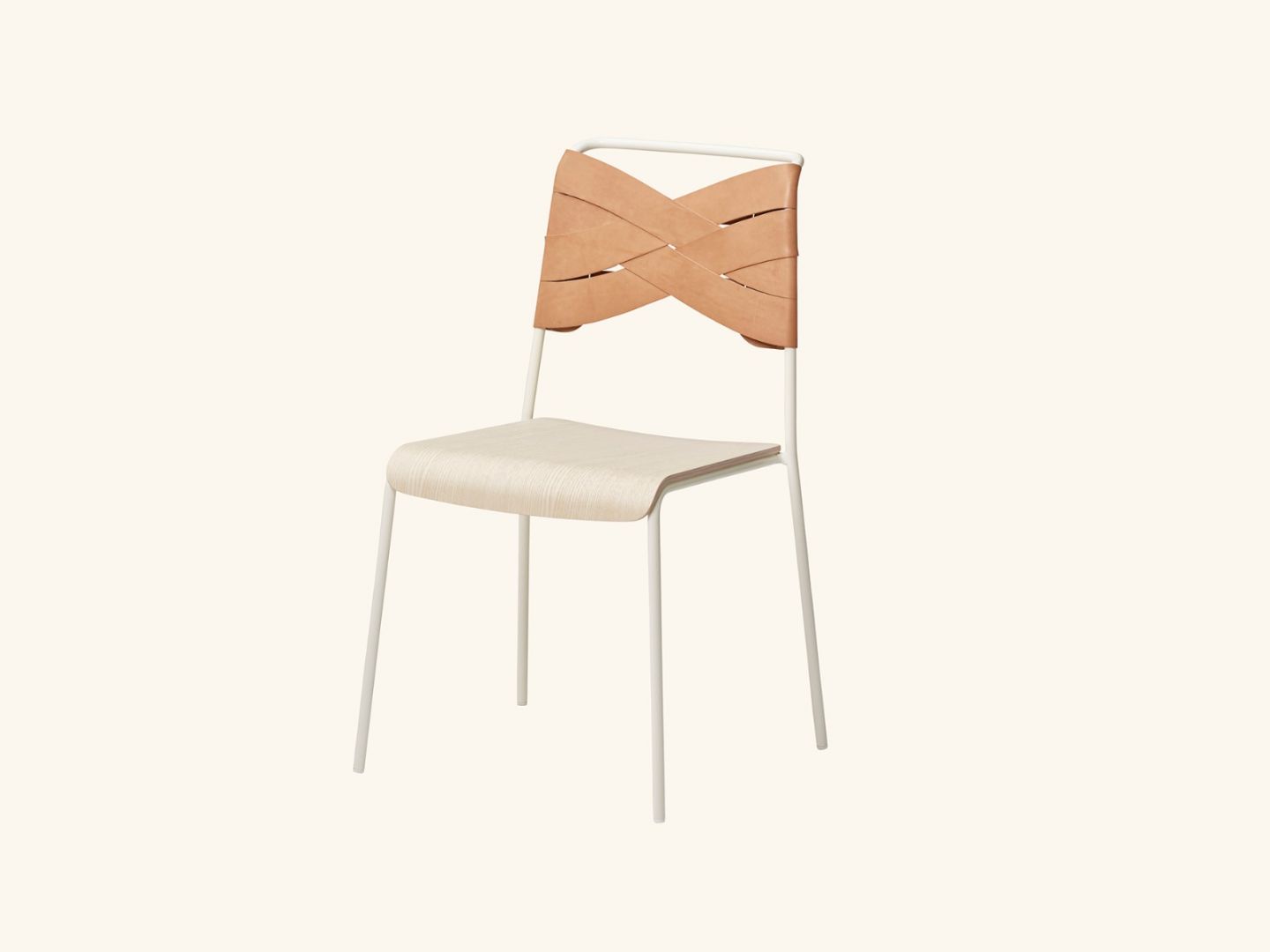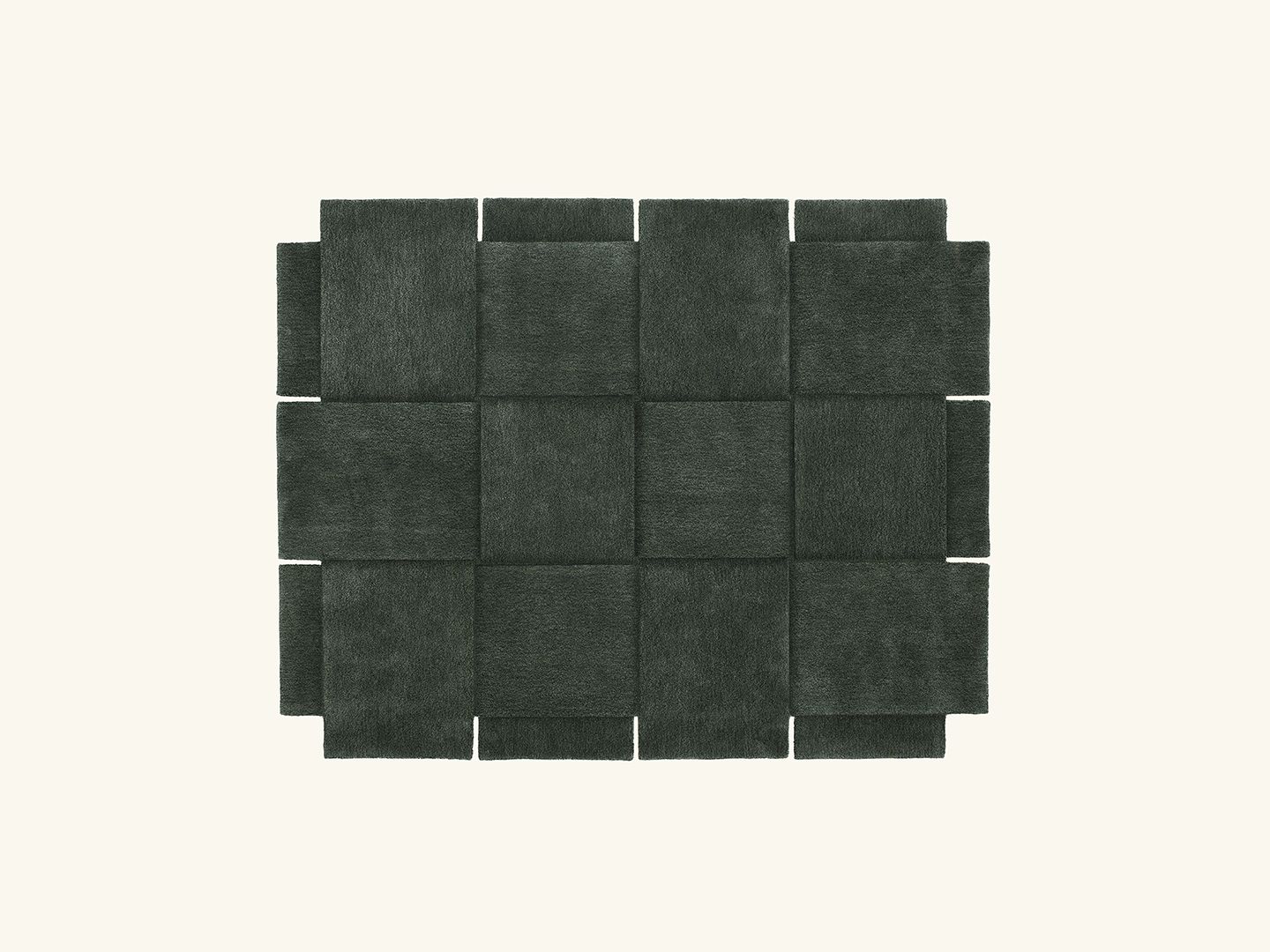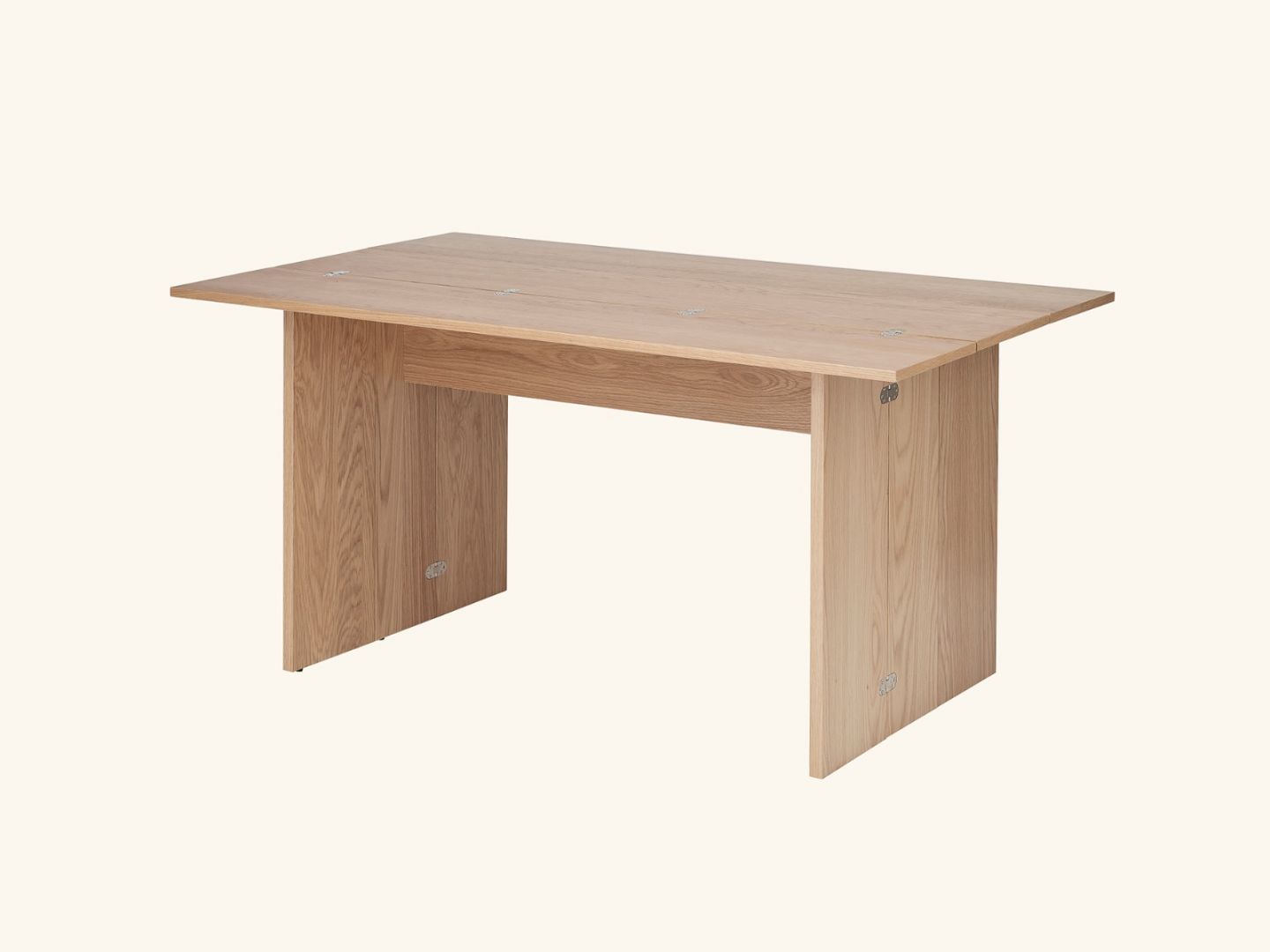“Karl and Jesper placed an old basket in front of me, explaining that this was what they had in mind,” Anders Färdig remarks. “I was pretty much all at sea!”
The intention was never to produce a basket but the item that the designers presented explains the origins of the Wick Chair and the values that it conveys. The wood-chip basket is the sort that we recognized from Swedish artist Carl Larsson’s romantic watercolour of his daughter Brita which has become emblematic of what Christmas is supposed to look like in Sweden. At the time that it was painted it was a modern interpretation of tradition. That the Wick Chair is plaited in similar fashion to the wood-chip basket signals the design tradition from which it springs, but the plaiting can equally well be seen as an aspect of the designers’ elegant solution to a difficult practical problem.
“There are limits to how much one can bend wood,” Karl Malmvall explains. “That was why we decided on the plaiting.”
This pragmatic, no-nonsense approach, has been directly inherited from the country-craft tradition but it is also a solution that gives the Wick Chair its unique shape. Another challenge that Malmvall and Ståhl faced was how they were to plait the seat without covering everything with glue.
“This was our final challenge,” Jesper Ståhl explains. “Combining the back and the seat without spreading glue over everything was not difficult in itself but it had also to work on a production line.”
One positive effect of the interweaving is that at the point where the pieces of wood lock each other they can be glued on both sides. True, Jesper Ståhl and Karl Malmvall had simplified the shape to its absolute essence so that the Wick Chair only has one interwoven element on each side, but the shape has many intentional functional aspects. It is the trials and the insights that follow that have made working with laminated wood so rewarding.
“The chair gains a resilience and a tension that one cannot achieve using solid wood,” Karl Malmvall explains.
Wood, whether it is solid or laminated as in the slender back to the Wick Chair, is more pleasant than plastic which is often experienced as either too cold or too hot. This is yet another reason why the chair has found a home with Design House Stockholm which is a firm that unites bold design with materials that are associated with the Scandinavian design tradition which, in turn, is renewed when the avant-garde is successfully united with tradition.
